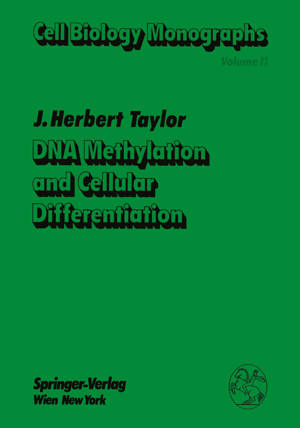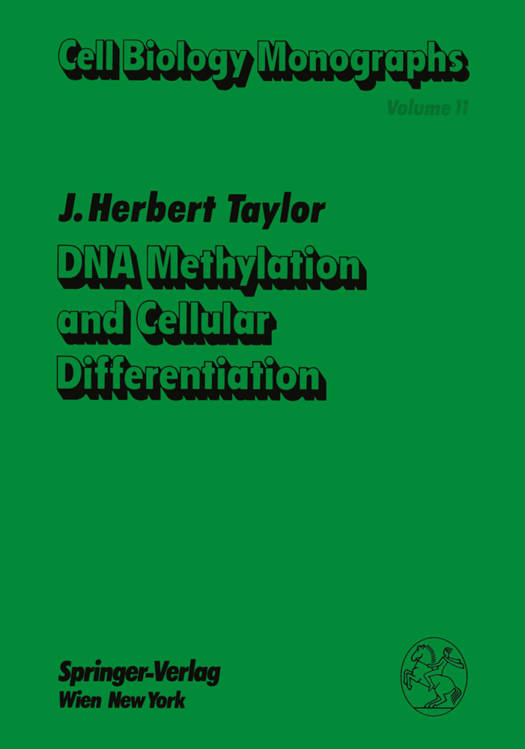
- Afhalen na 1 uur in een winkel met voorraad
- Gratis thuislevering in België vanaf € 30
- Ruim aanbod met 7 miljoen producten
- Afhalen na 1 uur in een winkel met voorraad
- Gratis thuislevering in België vanaf € 30
- Ruim aanbod met 7 miljoen producten
Zoeken
Omschrijving
In 1977 I wrote a grant proposal in which I applied to study developmental patterns in enzymatic methylation of DNA in eukaryotes. One part of the proposal was to assay cells at different embryonic developmental stages for maintenance and de novo type methylase activity. With one exception the referees, probably developmental biologists, recommended that the work not be supported because there was no evidence that methylation plays any role in eukaryotic gene regulation. Aside from proving that innovative ideas can seldom be used to successfully compete for grant funds, the skepticism of biologists toward methylation as a regulatory mechanism was, and still is, widespread even among some of those who investigate the problem. That is a healthy situation for all points of view should be brought to bear on a problem of such importance. However, to deny funds to investigate a problem because one has already formed an opinion without evidence is hardly commendable. The great skepticism about the significance of DNA methylation is based in part on the evidence that it is absent or very little used in Drosophila, a favorite organism for genetic and developmental studies. There now remains little doubt that methylation of cytosine in certain CpG sites can strikingly affect the transcription of sequences 3' to the methylated doublet. How this inhibition operates and to what extent it is utilized in cells is still debatable.
Specificaties
Betrokkenen
- Auteur(s):
- Uitgeverij:
Inhoud
- Aantal bladzijden:
- 138
- Taal:
- Engels
- Reeks:
- Reeksnummer:
- nr. 11
Eigenschappen
- Productcode (EAN):
- 9783709187234
- Verschijningsdatum:
- 30/12/2011
- Uitvoering:
- Paperback
- Formaat:
- Trade paperback (VS)
- Afmetingen:
- 170 mm x 244 mm
- Gewicht:
- 254 g

Alleen bij Standaard Boekhandel
+ 201 punten op je klantenkaart van Standaard Boekhandel
Beoordelingen
We publiceren alleen reviews die voldoen aan de voorwaarden voor reviews. Bekijk onze voorwaarden voor reviews.








